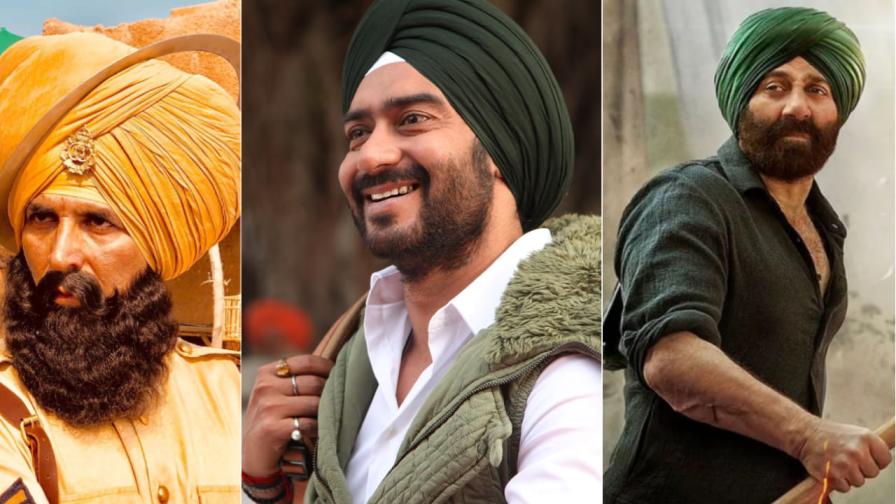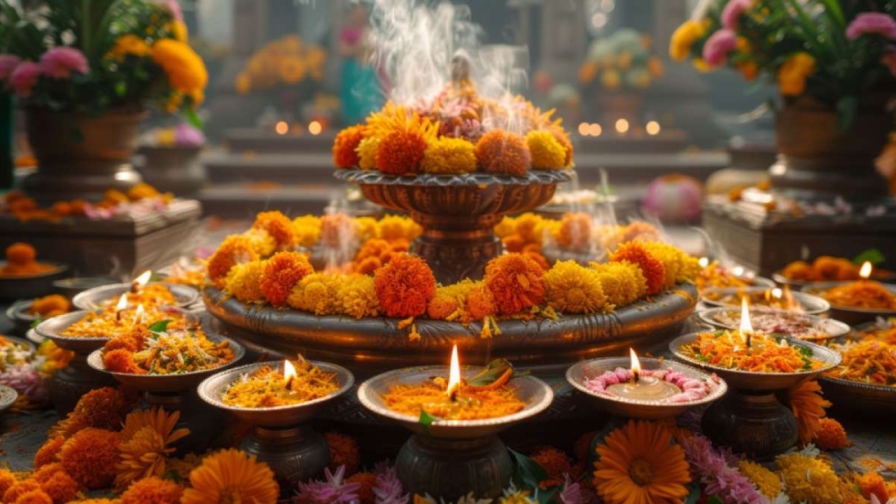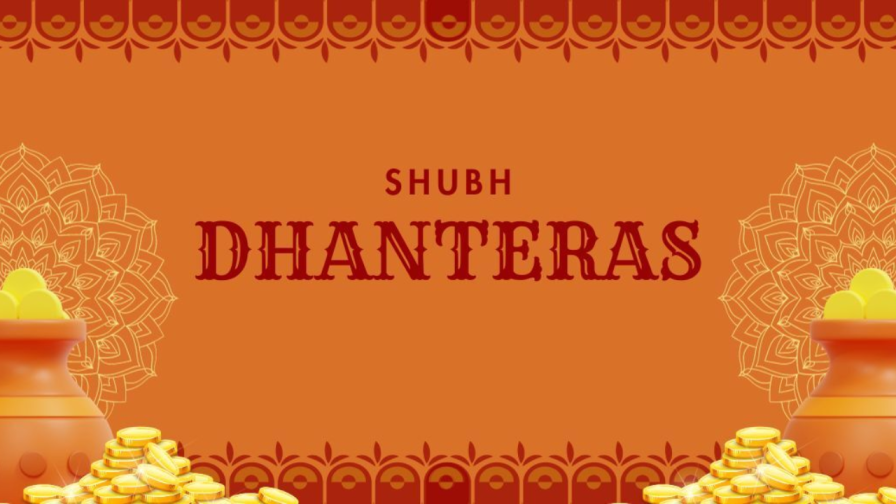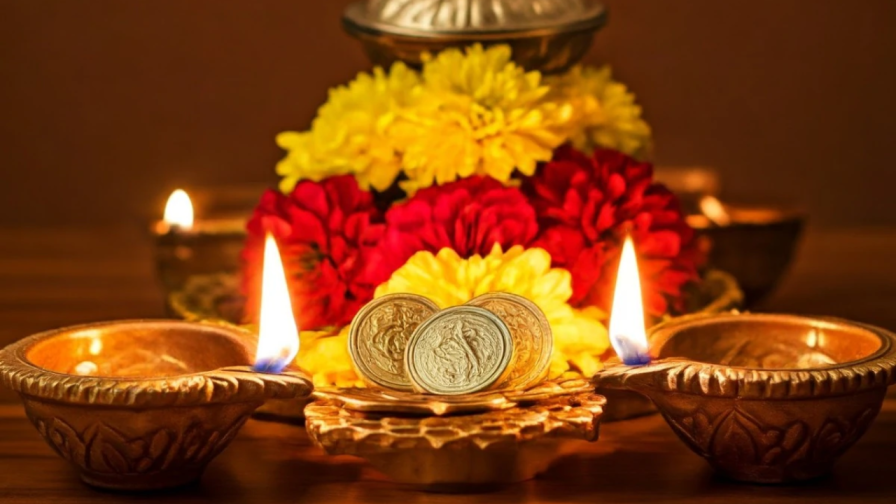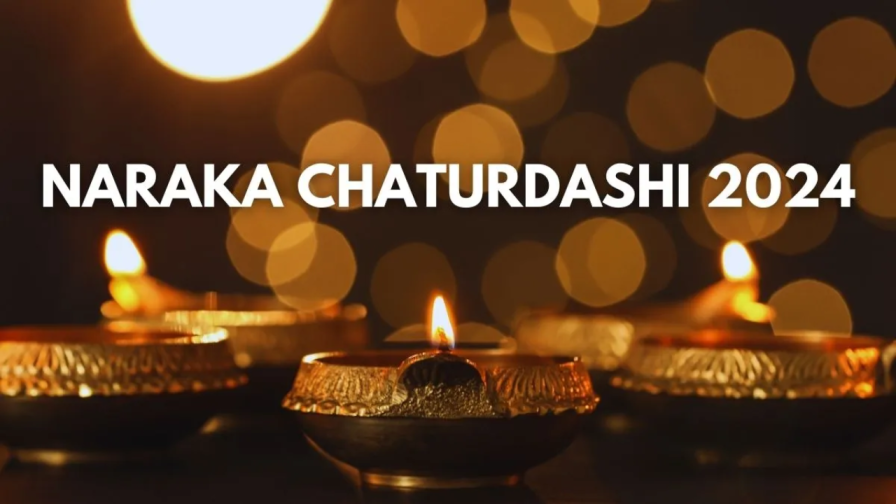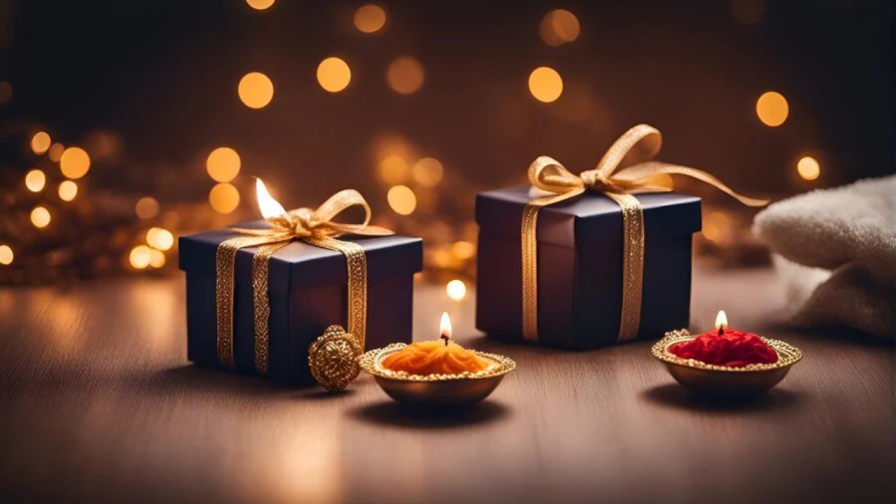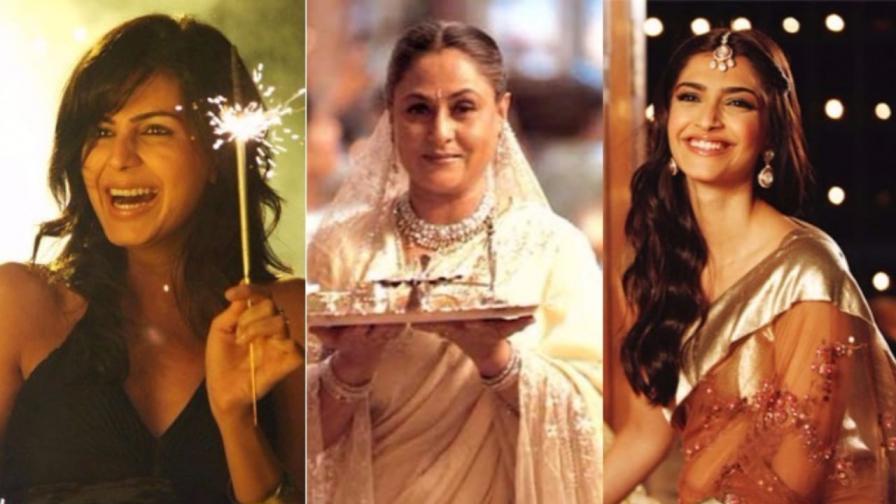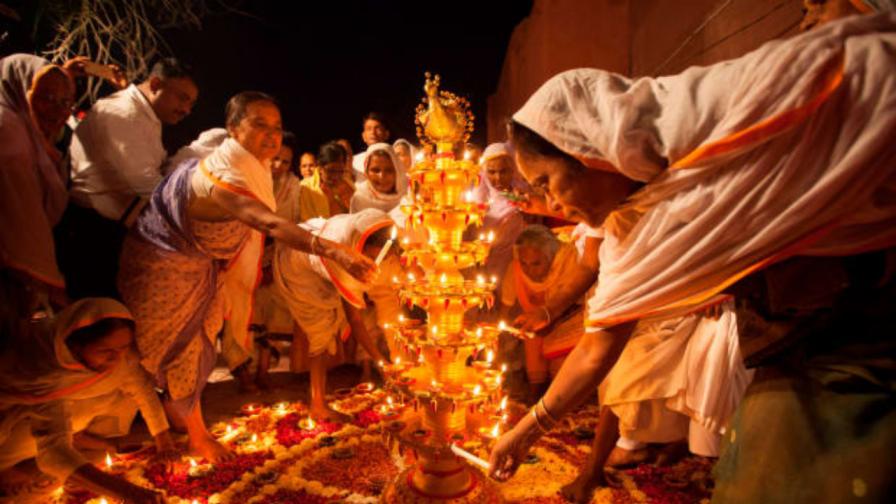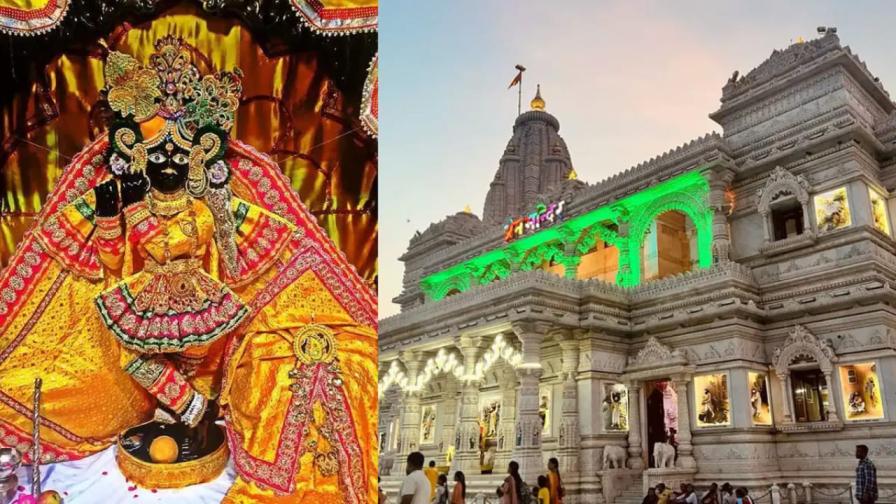Updated on: 13 October, 2025 02:09 PM IST |Hatim Kanchwala
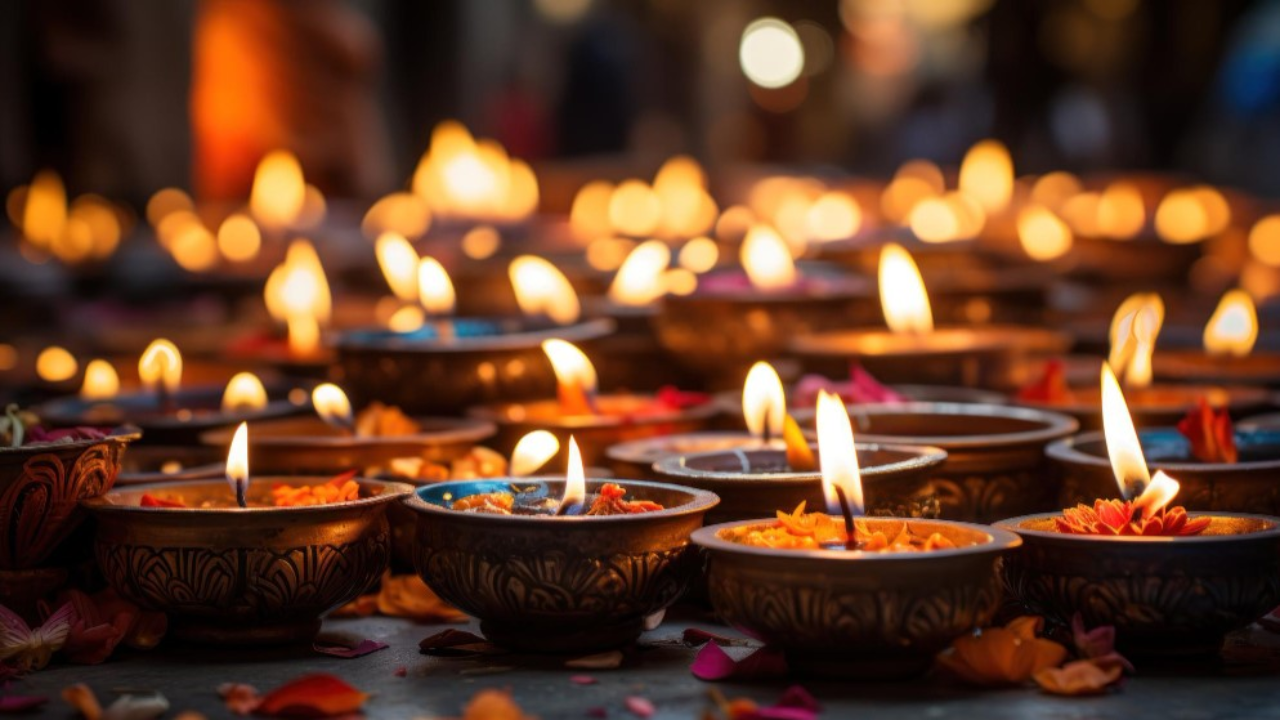
Explore the rich historical origins of Diwali celebrations. From ancient legends to cultural significance, discover how this festival of lights has evolved through the ages, bringing joy and prosperity to millions. Join us in celebrating the spirit and traditions that make Diwali a beloved occasion.

1. Exploring Ancient Traditions
Diwali’s roots trace back to ancient India, where it marked the harvest season and the victory of light over darkness. This celebration symbolizes the triumph of good over evil, as reflected in various historical texts.
2. Hindu Mythology and Diwali
Delve into the mythological tales associated with Diwali, such as Lord Rama’s return to Ayodhya after defeating Ravana and Goddess Lakshmi’s emergence from the ocean during the churning of the seas.
3. Regional Variations of Diwali
Discover how different regions in India celebrate Diwali with unique traditions. From the Punjabi Bhangra in Punjab to the elaborate rituals in Bengal, each culture adds its flavor to the festival.
4. The Significance of Lord Ganesha
Understand the importance of Lord Ganesha, who is worshipped at the start of Diwali, to remove obstacles and ensure prosperity. His association with new beginnings plays a vital role in Diwali celebrations.
5. Diwali in Jainism and Sikhism
Learn about the significance of Diwali in Jainism, which commemorates Lord Mahavira’s attainment of Nirvana, and in Sikhism, which celebrates the release of Guru Hargobind Ji from prison, symbolizing freedom and enlightenment.
6. Festivals Across Borders
Diwali isn’t just an Indian festival; it is celebrated by millions across the globe, including in Nepal, Sri Lanka, and among the Indian diaspora. Each community brings its own unique customs to the celebration.





